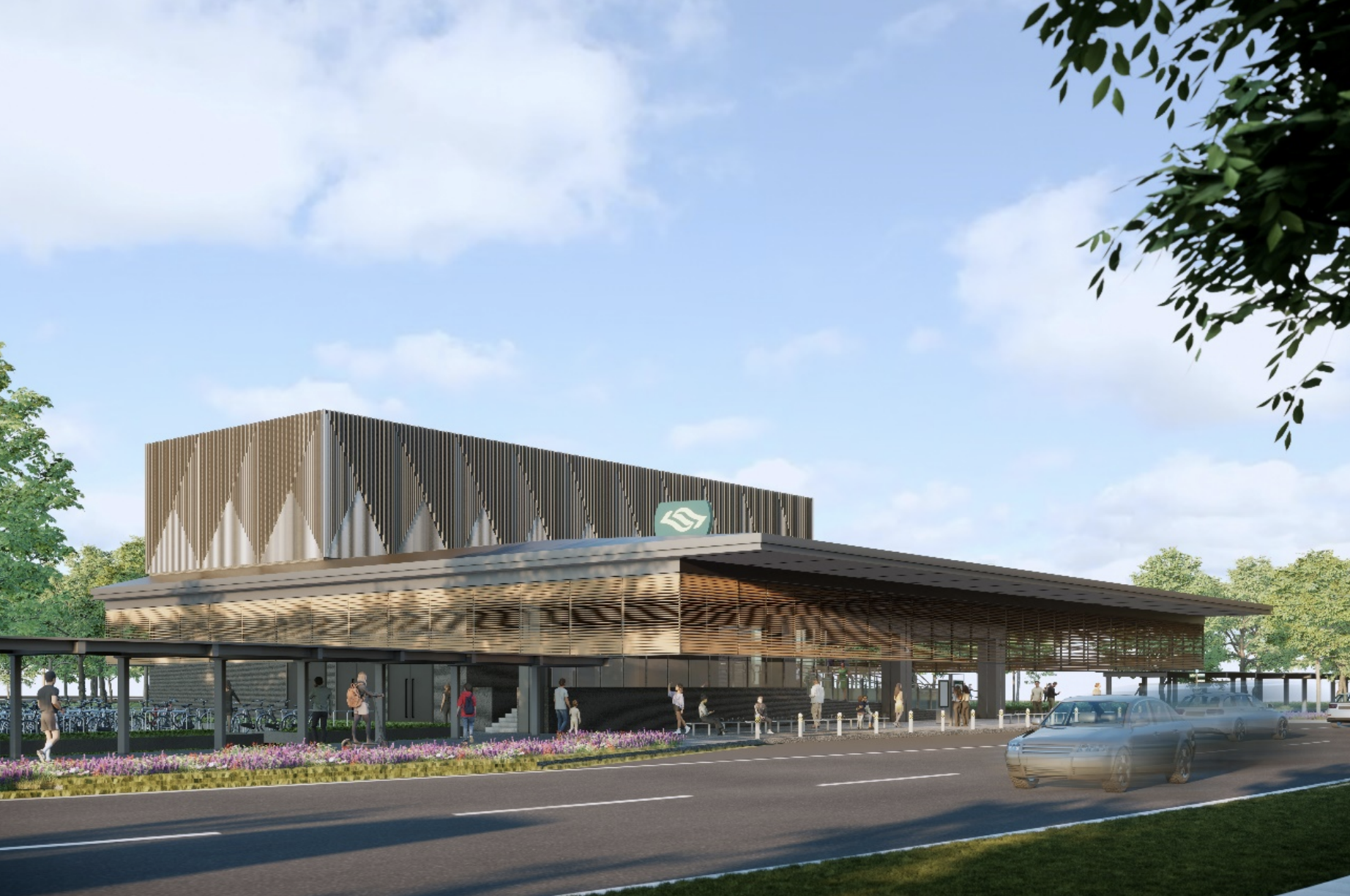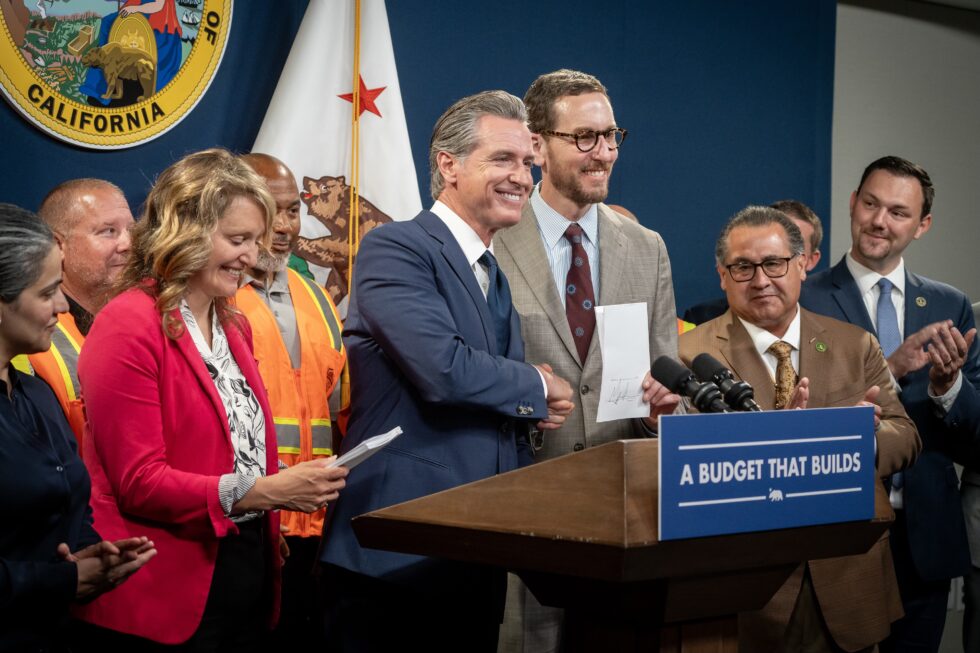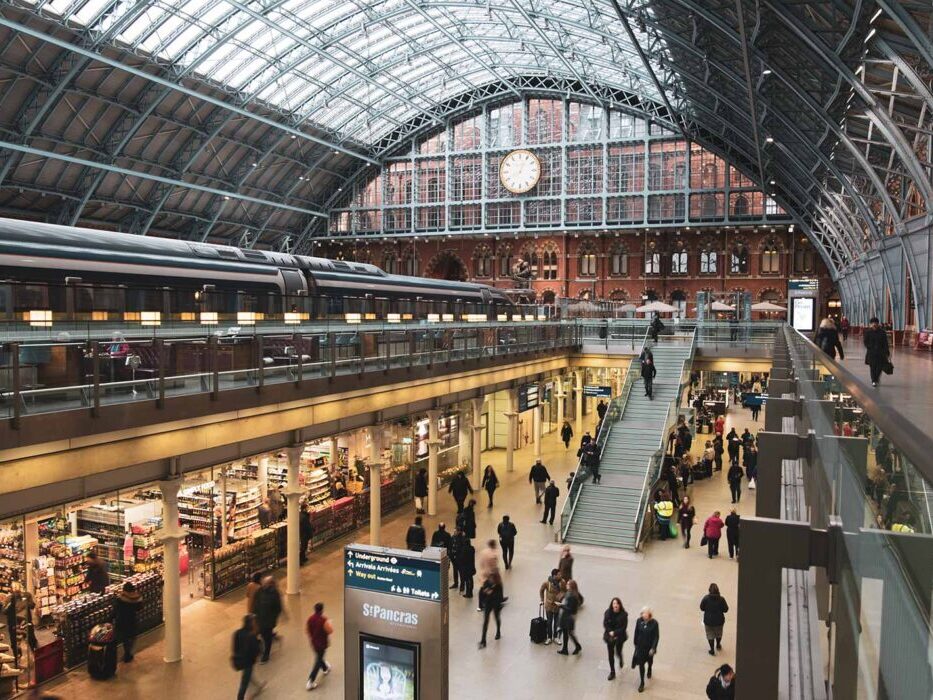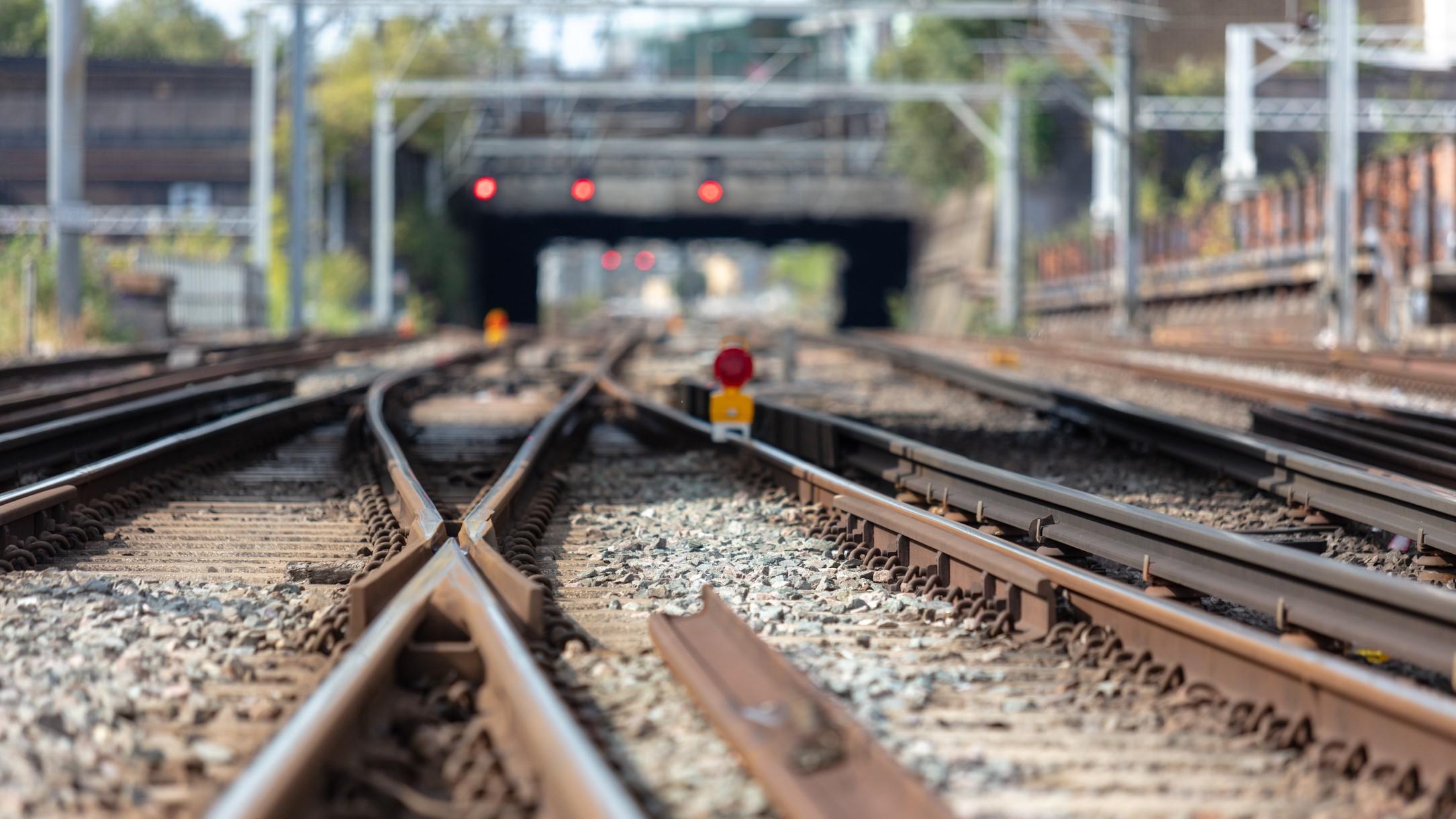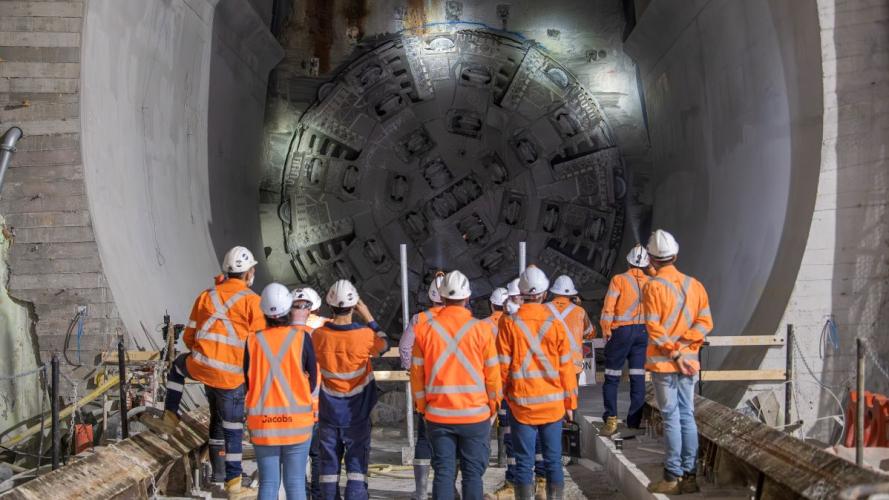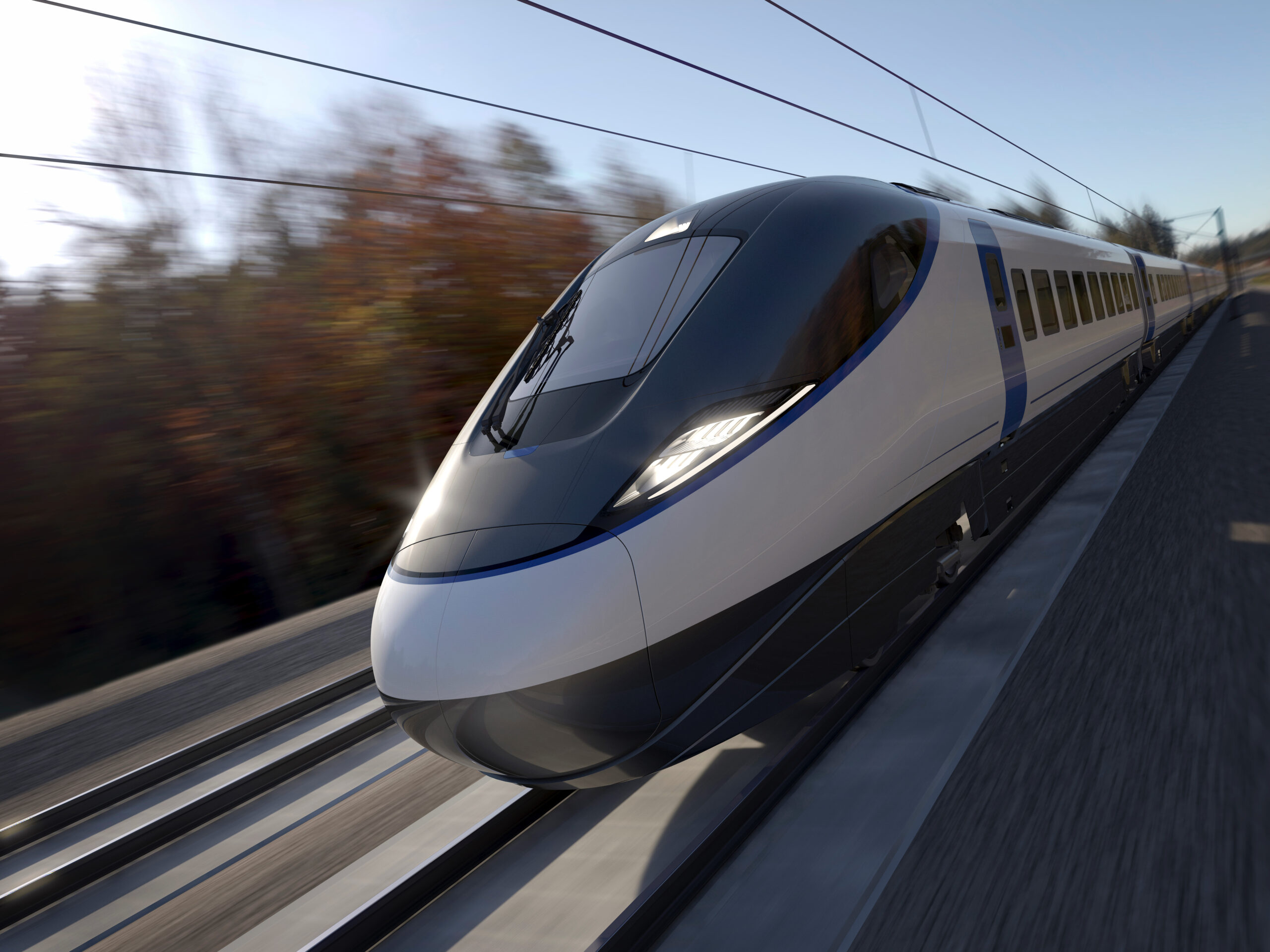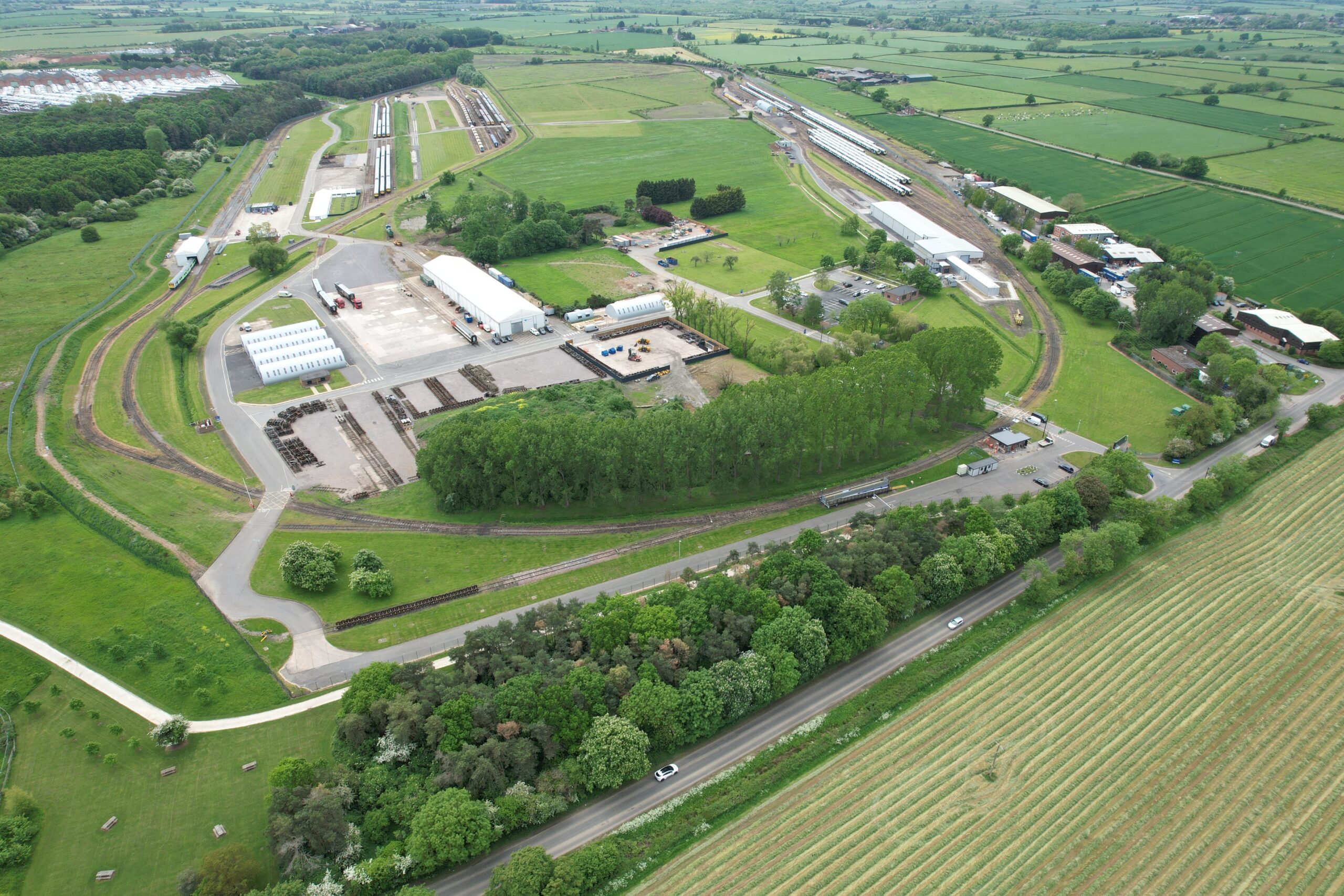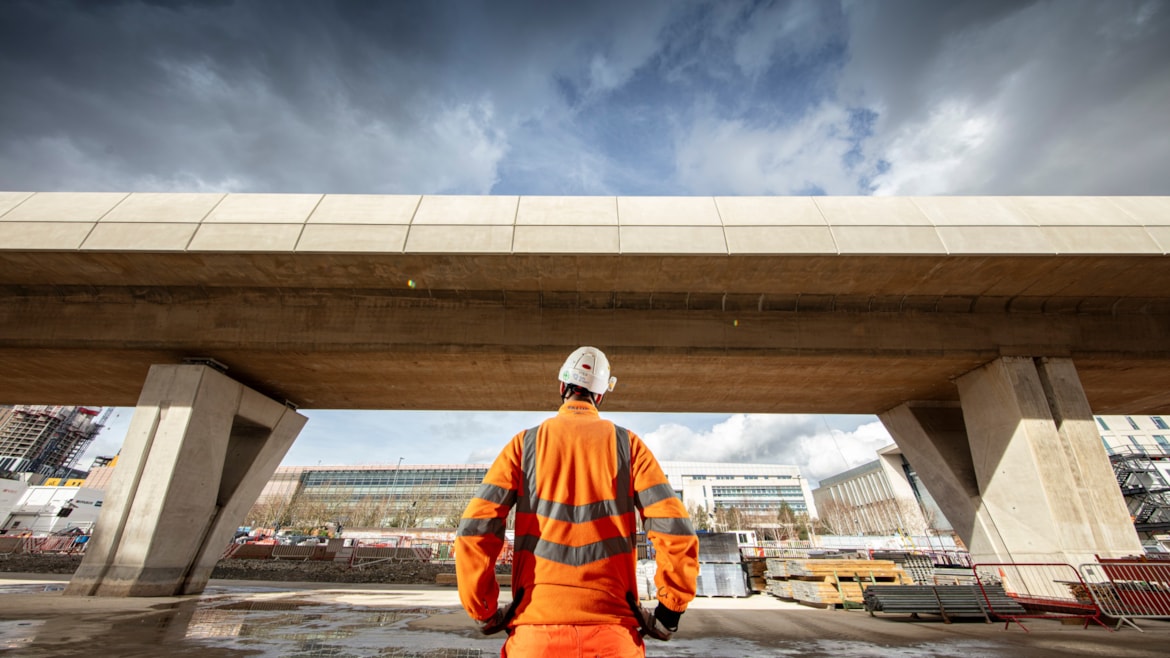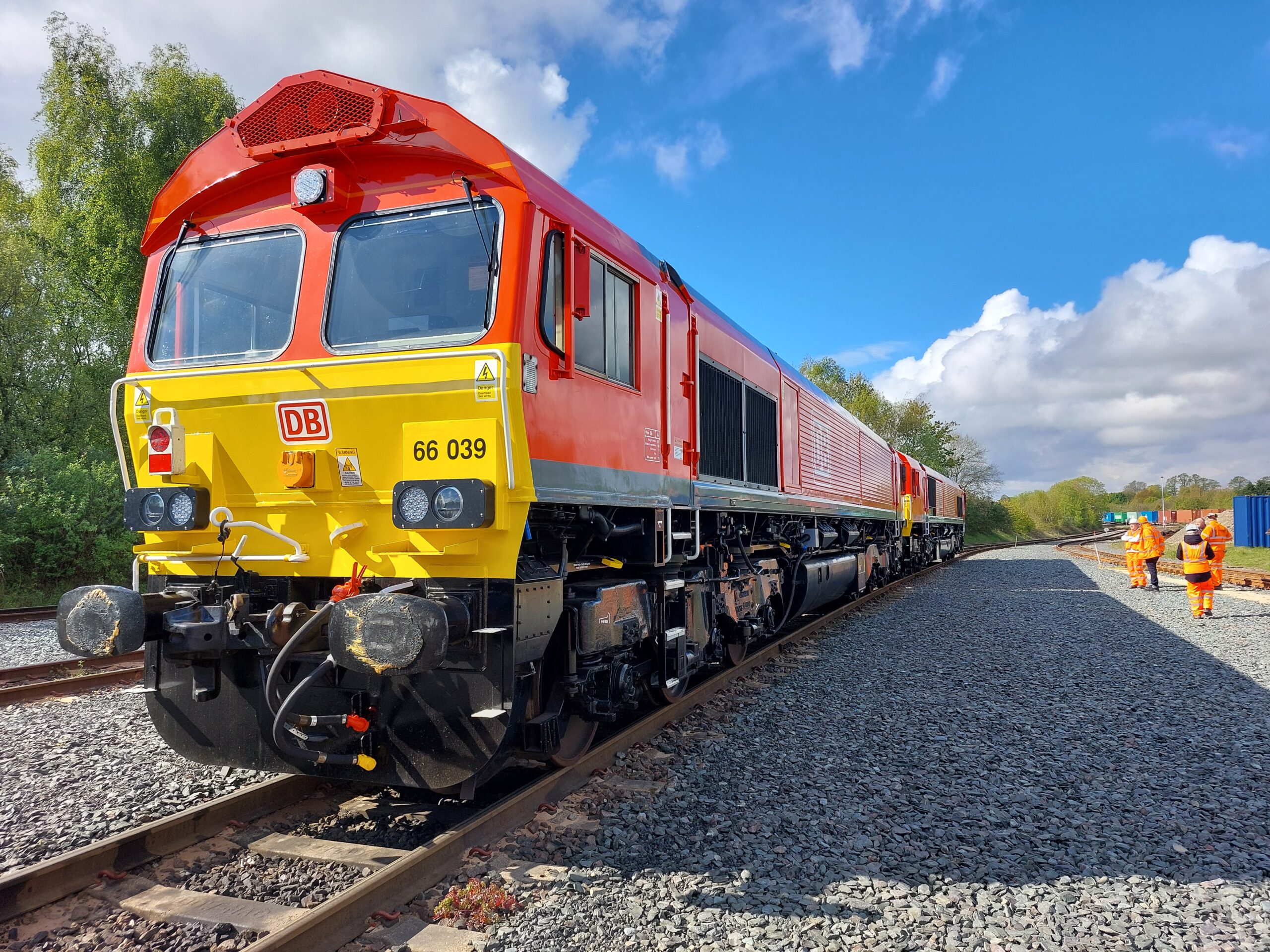HS2 has completed 29 miles of bored railway tunnels between Birmingham and London, thus passing the halfway point in constructing a network of tunnels for the new high-speed line.
This work includes the completion of two of its five twin-bore tunnels, with a further two also underway.
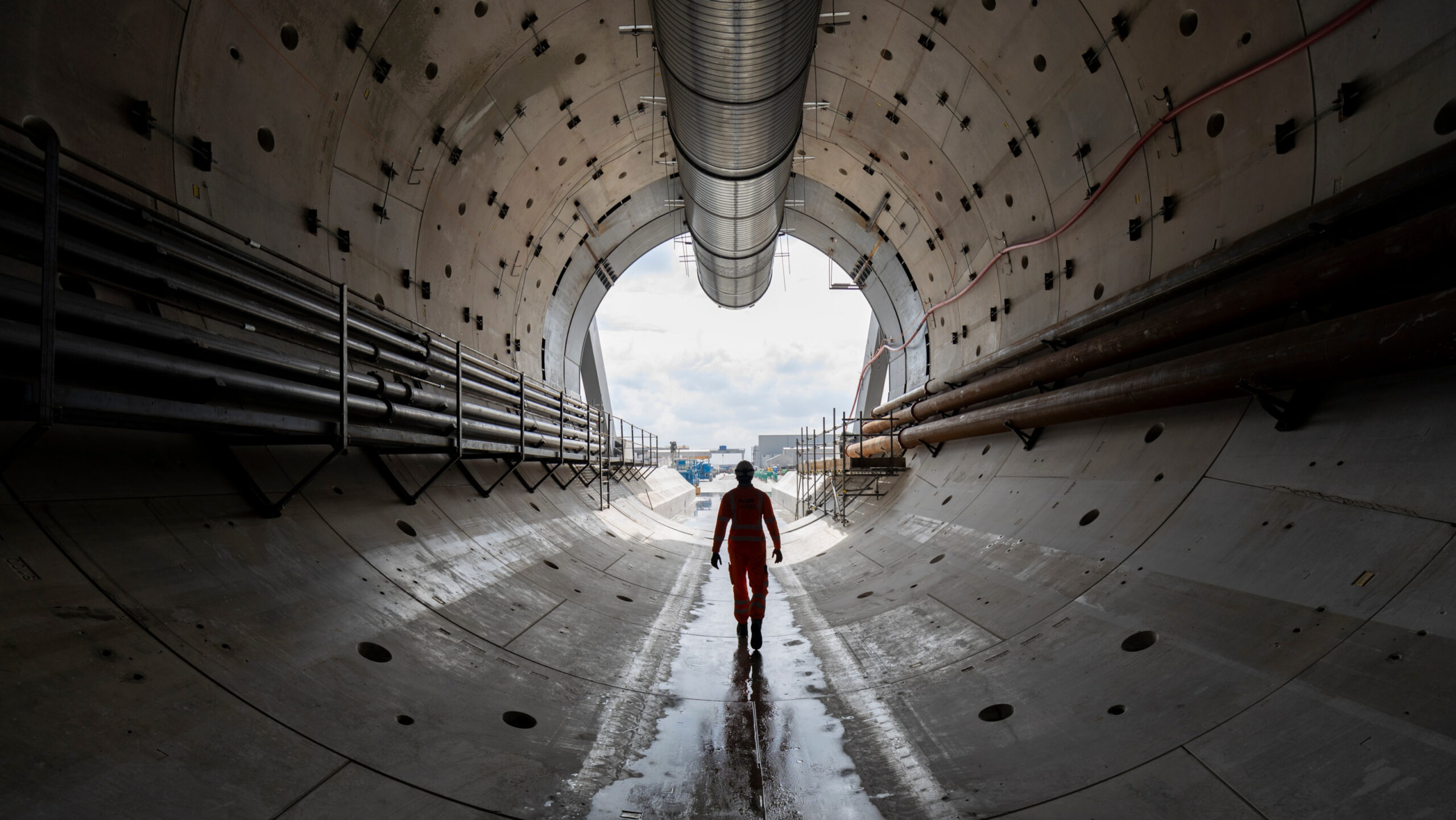
Once HS2 is operational, high-speed trains will travel through 27.4 miles of twin-bore tunnels, making up a fifth of the 140-mile route. As a result, HS2’s fleet of tunnel boring machines (TBMs) are excavating a total of 54.8 miles of tunnel. To date, 29 miles (53%) have been excavated and built.
Throughout the boring, each TBM operates as an underground factory, excavating the tunnels, lining them with pre-cast concrete tunnel segments and grouting them into place. While doing so, they move forward at an average speed of between 12 and 16 metres per day.
HS2 then installs other vital features such as the cross-passages, vent shafts and portals. This work is completed before the internal fit-out of railway systems including power, track and signalling.
Rail Minister Huw Merriman said:Reaching this impressive milestone on a project of HS2’s scale shows just how much momentum is behind the construction of the line, which, once complete, will have a transformative impact on rail travel for generations to come.
It’s a significant achievement for the team helping deliver this railway and I’m delighted the project has now supported record numbers of new jobs, demonstrating the vital role it is playing in creating opportunities up and down the country.
The completed tunnels include:
- TBM Dorothy completed the one-mile Long Itchington Wood Tunnel in Warwickshire
- TBMs Florence and Cecilia completed both drives of the 10-mile Chiltern Tunnel
Meanwhile, the on-track tunnels are:
- In London, four TBMs are digging the 8.4-mile Northolt Tunnel
- In the Midlands, TBM Mary Ann is 1.3 miles into the 3.5-mile drive of the first bore of the Bromford Tunnel between Water Orton in North Warwickshire and Washwood Heath in Birmingham. TBM Elizabeth has just started to build the second bore.
Finally, work on the Euston Tunnel between Old Oak Common and Euston stations in London is yet to start.
The two TBMs for this project are currently being manufactured and tested and the government is exploring different funding mechanisms to deliver the tunnel.
The rest of the HS2 route includes six cut and cover tunnels, totalling 5.2 miles, as well as 70 cuttings totalling 44 miles. This means that over half of the track (around 76 miles) will be below ground level in tunnels or cuttings to reduce the visibility of the railway.
Jackie Roe, HS2’s Civils Delivery Director said:The halfway point for our tunnelling programme is a fantastic milestone, but we’ve still got a lot of work to do on the tunnels, including all cross passages, vent shafts and then fitting them out with the critical rail and power systems that will eventually allow trains to safely operate.
This is a significant step towards delivering the country’s new high-speed railway, which will provide faster and far more reliable journeys, while almost doubling capacity on the most congested part of the West Coast Main Line.

















